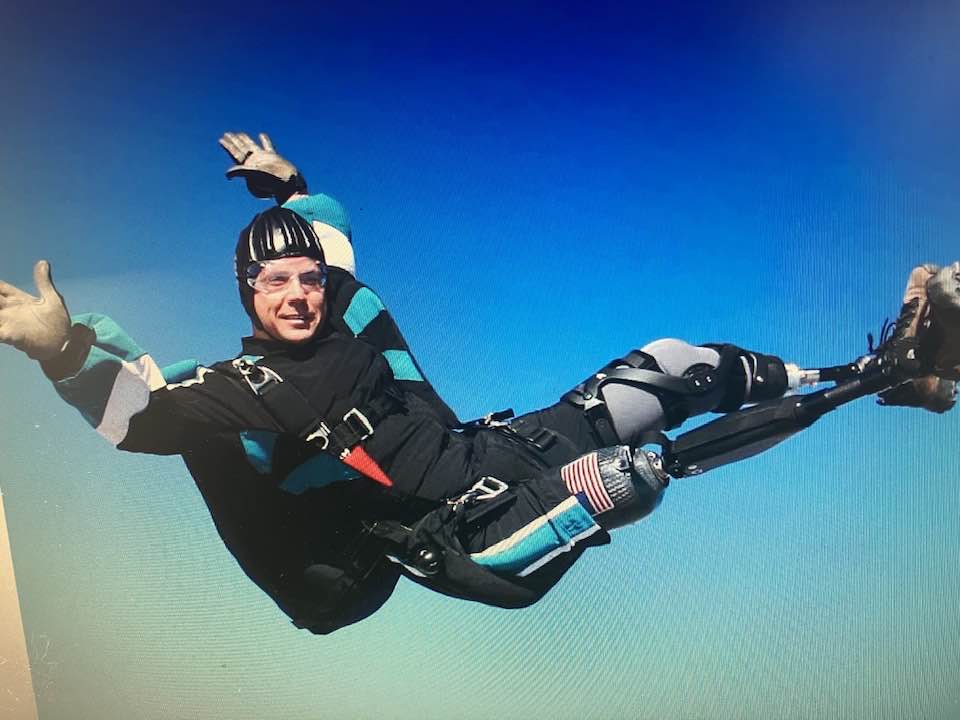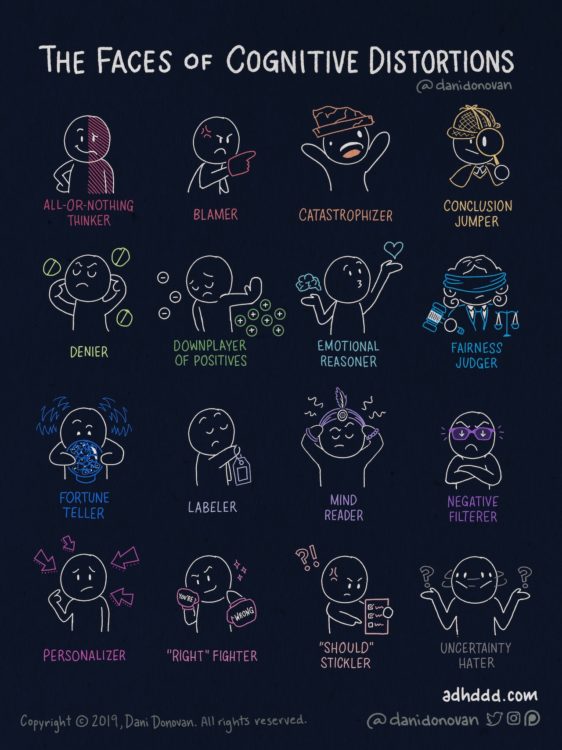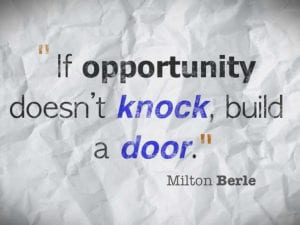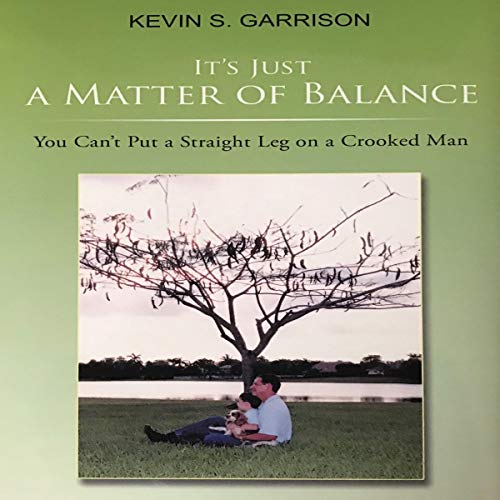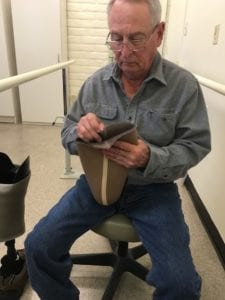
How to find the best Prosthetist is important because you are going to be under their care for the rest of your life. Amputations cannot be reversed, but you have control of your relationship with your Prosthetist. Choosing a Prosthetist is more than just getting a referral. Unlike most doctors, your Prosthetist is someone you will continue to see several times per year and throughout your lifetime. The partnership can either be a marriage made in heaven or something less desirable.
A Prosthetist is an allied health professional who has been educated and certified to specialize in treating persons with amputations. These professionals possess exceptional skills in determining the appropriate prosthetic interventions for both upper and lower limb deficiencies. Prosthetists specialize in providing custom-made devices, which provide optimum fit and function to help patients achieve their goals. If you want to know how to find the best prosthetist shop around and don’t settle till you check everyone out.
Overall, your Prosthetist is responsible for a successful connection between you and the latest technology. You and your Prosthetist must have a relationship that is honest and trusting. Your feedback regarding comfort, successes, and limitations is essential to successful rehabilitation. It can make all the difference in getting you back on your feet with a minimal amount of pain. Be aware there is prosthetists out there that refuse to learn new developments in the field. If you continue with that person, you’ll end up feeling hopeless and stuck with an outdated prosthetic. Do not just accept the Prosthetist recommended by the vascular surgeon or the hospital. Vascular surgeons concentrate on your physical healing and do not concern themselves with how to find the best prosthetist for you. Even better if you want to find out how to find the best prosthetist nothing is stopping you from finding one before your amputation.
Questions to Ask
The following are some sample questions that may help you decide who will be the best fit for you, “What brought you to this line of work?” “What about your job do you like most?” “What has been your experience working with amputees of my amputation level?” “Will you accept my insurance and secure any necessary prior approvals for my care?” ” Are any devices excluded?” “ Will I be getting the most advanced technology available for the level of amputation?” This type of question will help you get to know your Prosthetist a little better. Below are general questions you need answers to before you commit yourself.
1 What should you feel when wearing the socket?
2 What is a K level, and how does it affect what I do?
3 What type of feet are out there?
4 What is Sock Management?
5 How do I know when the height is correct? Hips Level/Measurement and How Does it affect my Gait?
6 How do K levels associate with knees in AKs?
7 Tell me about proper maintenance of the socket, foot, and residual limb.
8 When does the insurance allow me to obtain new sockets?
9 When are too many socks to be comfortable allowing for a new socket?
10 How long should I wear my test/check socket?
11 Does the foot manufacturer have a trial period to try new feet?
12 What types of suspension systems are there, and what is right for me?
13 What are Categories for feet, and what do they mean?
14As an AK, which types of knees can you utilize?
15 As an AK, Ischial socket vs. sub-ischial socket?
16 Will it change as I get more active?
17 How do I know when to add socks or take away socks?
How The Right One Helps
Insurance coverage can be a very confusing but essential part of any patient care. Your plan coverage for prosthetics and orthotics may differ from your general coverage. Your Prosthetist plays a crucial role in presenting the medical necessity to have your insurance pay for this procedure. You should be in contact with your insurance carrier also to make sure all the paperwork is submitted and the proper justification is presented.
You will likely need to have the support and help from your Prosthetist as you learn a new lifestyle. Importantly, should keep looking until you know that you have a connection far more significant than just being an office visit here and there. You need to know how to reach them in an emergency. You need to be able to call or text whenever there is a problem. This is the type of relationship you deserve with your Prosthetist. It is the major factor in successful rehabilitation. If you want to know how to find the best prosthetist you have to do your homework.
How to Find The Best Prosthetist
People don’t realize that who you see for your prosthetics is so very important. It can ensure that you have the best chance to achieve a full recovery after your amputation. You’ll be working with them for years to come, so you’ll want to make sure you trust and enjoy working with them; you need to push for the best care so you can live it to the fullest. Don’t be afraid to stand up for your rights. There are outstanding practitioners out there; you need to look and ask the right questions to find them.
